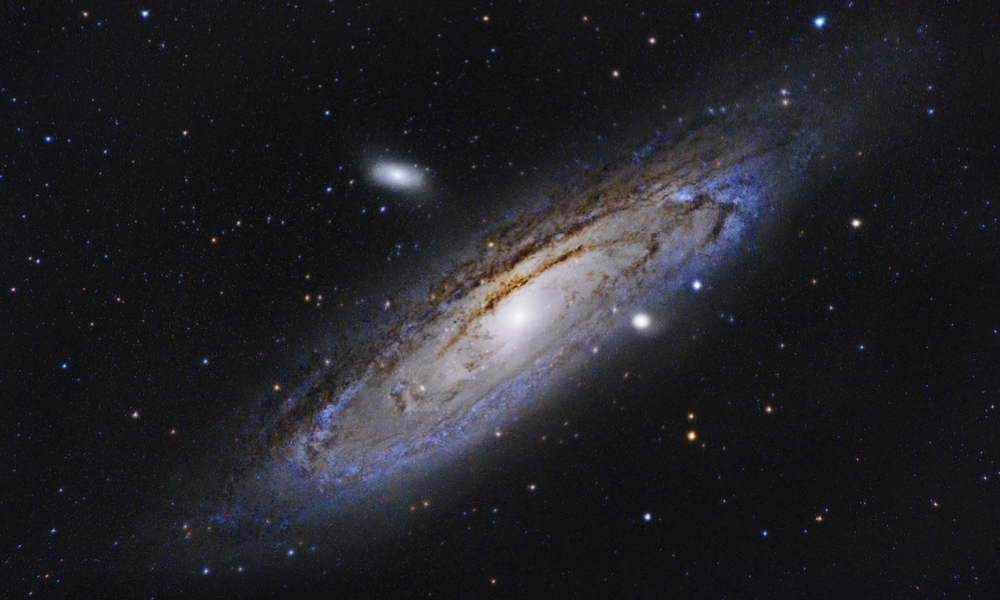
ESA Open Invitation To Tender AO8353
Open Date: 28/04/2016
Closing Date: 24/06/2016 13:00:00
Status: ISSUED
Reference Nr.: 15.1QM.12
Prog. Ref.: TRP
Budget Ref.: E/0901-01 – TRP
Special Prov.: BE+DK+FR+DE+IT+NL+ES+SE+CH+GB+IE+AT+NO+FI+PT+GR+LU+CZ+RO+PL+EE+HU
Tender Type: C
Price Range: 200-500 KEURO
Products: Launchers / Avionics / On-Board Computers / *See Software
Technology Domains: Structures / Hot Structures / Design and Verification Technologies for Metallic Structures Onboard Data Systems / Payload Data Processing / System Technologies for Payload Data Processing
Establishment: ESTEC
Directorate: Directorate of Technical & Quality Manag
Department: Product Assurance and Safety Department
Division: Materials & Components Technology Divisi
Contract Officer: Sarcia, Fabiana
Industrial Policy Measure: N/A – Not apply
Last Update Date: 03/06/2016
Update Reason: Loaded a new Clarification (English version)
Increasing numbers of regulations in Europe (e.g. RoHS, REACH, CLP) are implemented targeting sustainable development, environmental impact and protection of human health. The most imminent implication is the possible obsolescence of qualified materials, processes and technologies, as manufacturers are forced to change materials compositions, alter manufacturing processes or take the decision to withdraw materials from the European market. The effects to the European Space programmes can be significant in terms of identifying why a non-conformance has arisen (since ‘minor’ changes are often not notified to the downstream user) and the subsequent costly new product and process developments and space validation of alternative solutions increasing the schedule and costrisks. A variety of materials are considered critical or even strategic for several reasons such as their procurement and design constraints, unique properties, application in common technology, lack of alternatives, performance enabling technology, etc. In case of obsolescence, such materials cause very significant re-qualification or even re-development effort, and consequently high costs. Two problems need to be addressed:- Information of chemical composition is limited to the safety data sheet (SDS) with knowledge of only hazardous substances. To establish a solid long-term view of obsolescence risk due to REACH, the formulation must be characterised much deeper to be able to predict the obsolescence risk also of ‘not yet flagged’ constituents. This is only possible by chemical analysis.- In many cases the information on formulation changes is very vague, in an extreme case it is not communicated at all. The finding of a performance degradation often happens long after the introduced formulation change, and no nominal reference material is available anymore. Chemical and physical characterisation of materials will support the quantification of this difference. With additional knowledge of the detailed physical performance, the risks for the dedicated space applications can be addressed quantitatively. Task 1: Selection of a set of critical or strategic materials for applications as adhesives, primers, paints, coatings, film, bulk and structural materials. Definition of dedicated test plan grouped per application and materials type. Task 2: Chemical analysis of materials constituents to a level of >= 0.1 mass %. Typical analysis methods shall cover (but not limited to) liquid and gas chromatography, GPC, MALDI-ToF, infrared spectroscopy, etc. Task 3: Physical analysis of materials with different methodology depending on the type of materials and application. Methods typically cover: Thermal analysis (DSC, TGA, DMA, TMA), hardness, mechanical properties (lap-shear, tensile strength, compression strength, fatigue), viscosity profile, etc. Task 4: Evaluation of Structure-property relationship where available and establishment of pre-defined delta-qualification campaign in case of changes in materials formulation. Identification of materials constituents at risk or likely to become at risk.
If you wish to access the documents related to the Invitation to Tender, you have to log in to the ESA Portal.
